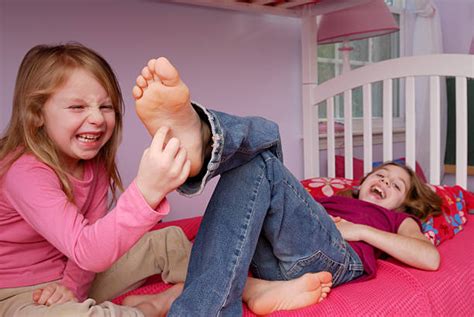
Ticklish
Not all things are equal when it comes to tickling. Usually the places where we are most ticklish are the location with a high amounts of nerve endings. Some places on the body may feel quite soothed with the same quality touch as compared to the ticklish zones. What I have read is that areas like the bottom of the feet or the rib cage are more vulnerable. Who knows how true this always is but it does makes sense from what I have experienced. What is known though is that the ticklish response is a mind (hypothalamus part of the brain) body communication between the brain and body when you don’t feel comfortable with what is happening. What I have seen is that tickles mean the body is reacting to not feeling safe. It’s usually a pattern which is reactive to outside and unexpected influences.
As a Craniosacral Therapist and bodyworker for so many years, I have found it intriguing and fun to help people work through the “tickles”. Especially since I have been so curious about the differences between the many other people who actually quietly enjoy the light stroking while on the other hand invokes the ticking response from others. So, if the body draws me into an area and I see the dynamic begin, I like to ask if we can explore the ticklish sensation. This is done with mindful consideration, and also permission. We explore the feelings and the sensations together. Quite often, the brain becomes desensitized by helping the person to release the associated energy fairly quick. Sometimes it is actually fun because the client laughs genuinely as they let go of the protective response. A light seems to go on for the ticklish person that this is a life strategy and it can be funny too.
Personally, my feet have always been ticklish. I was often tickled as a child. I liked it-perhaps because of the smiles and attention, but it stressed my body. What I do know is if a child is tickled, and it doesn’t stop, the body holds that tension. Whatever the reason for your ticklishness, consider it may be a protective mechanism, and it is possible to honor your body and also to free it from the feedback loop. Makes me think that one day I might need to go have my tickles set free from my feet as I write this. Smile.

